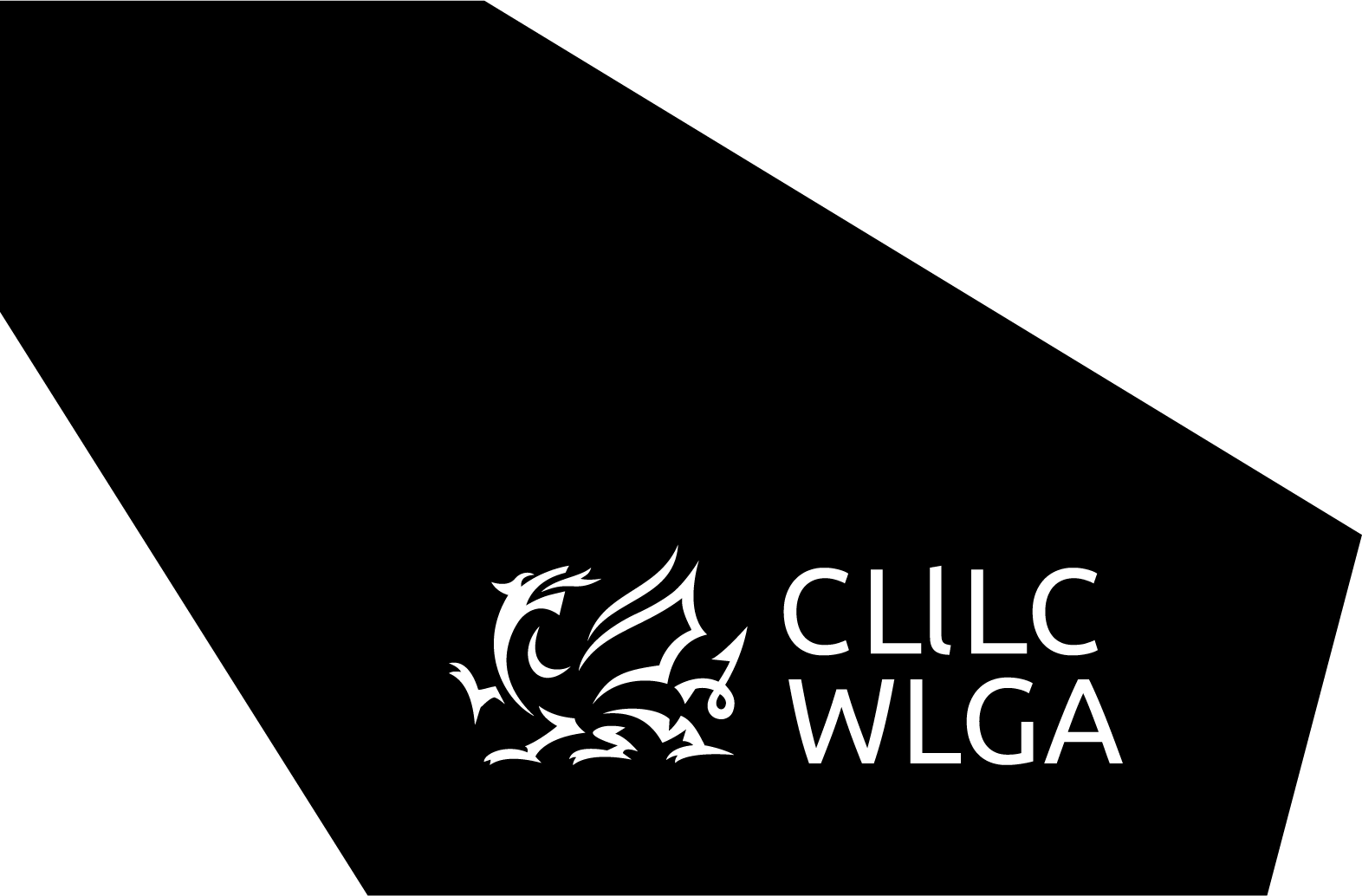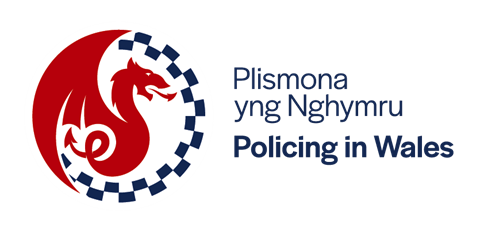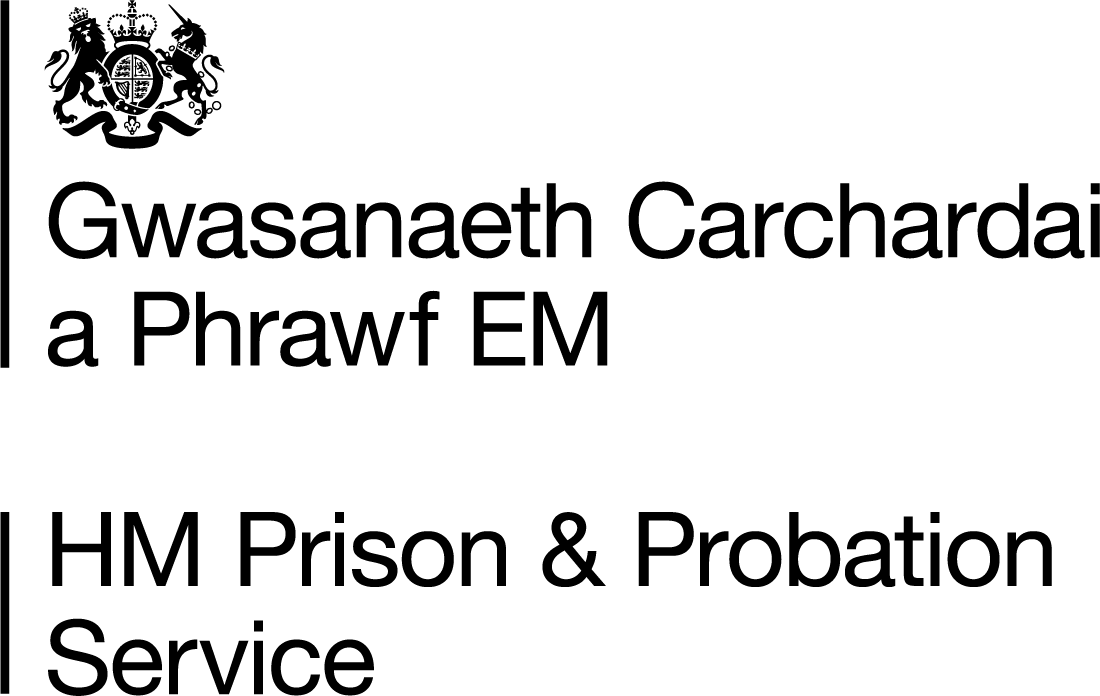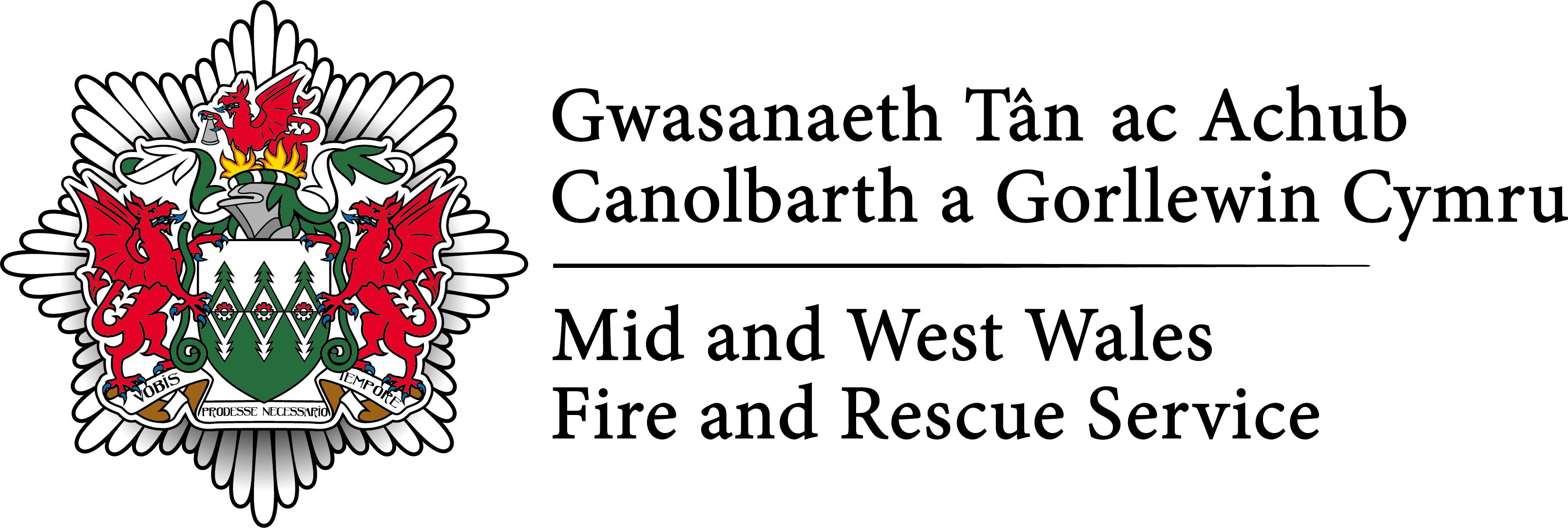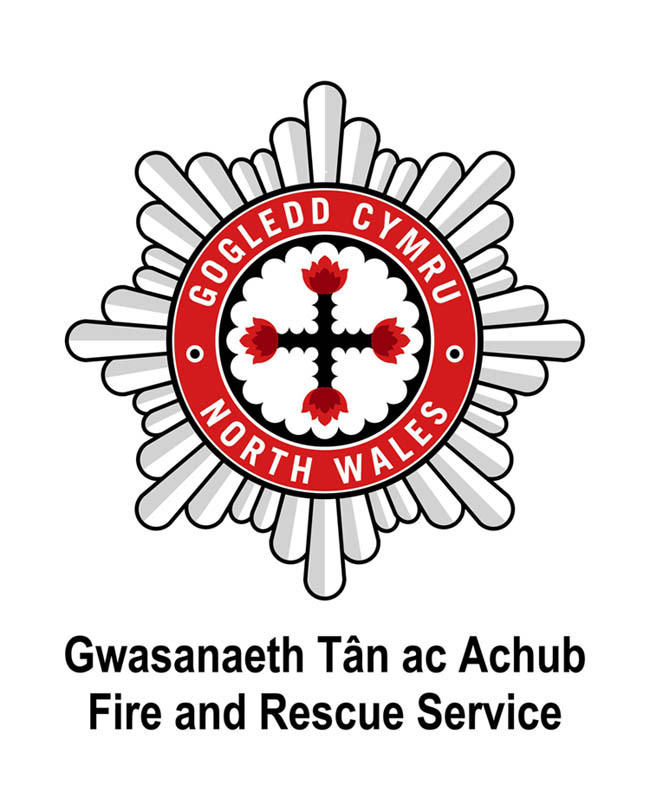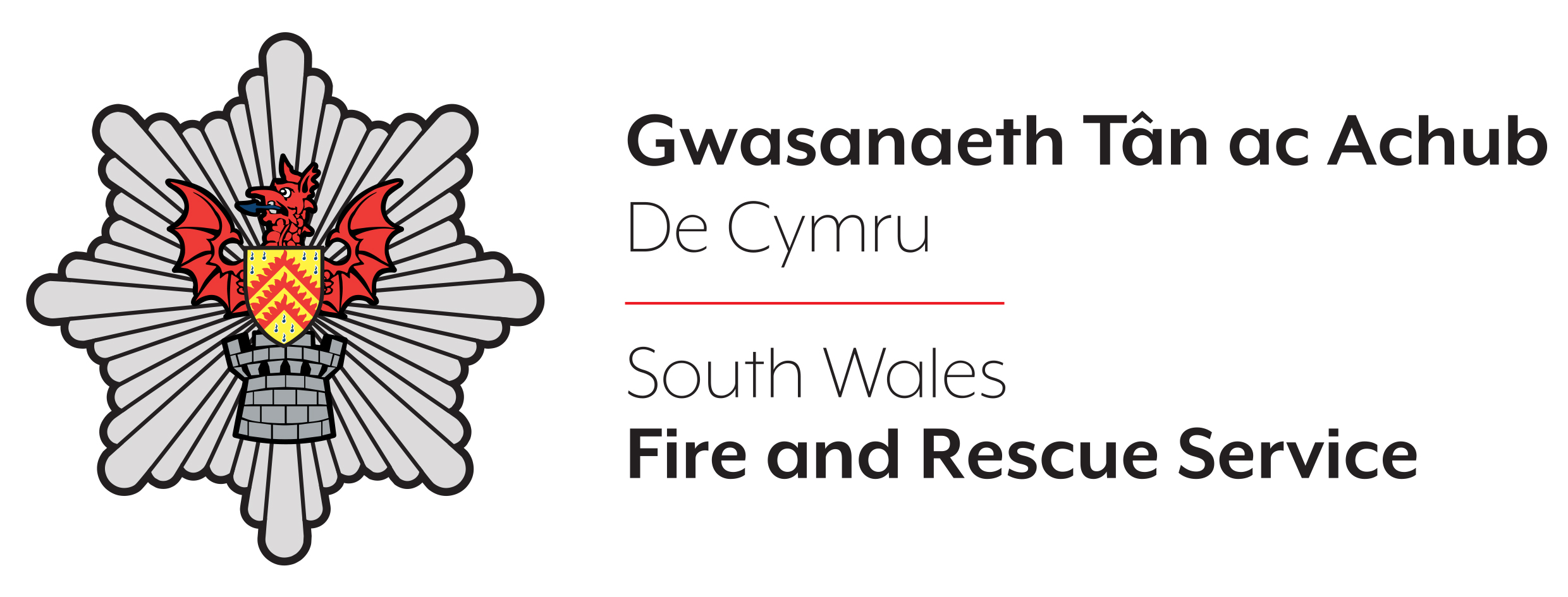- The Crime and Disorder Act 1998 lays out statutory requirements for youth offending teams (YOTs). The Act also established the Youth Justice Board to support the work of Youth Offending Teams.
Other relevant legislation and convention include:

Hafan » Offending & Justice » Youth Justice System
Children between 10 and 17 can be arrested and taken to court if they commit a crime. However, have specific rights, are treated differently from adults, and are:
The age of criminal responsibility (below which a child cannot be arrested and charged with a criminal offence regardless of its seriousness) is ten years old.
If arrested and you are under 18, the police must try to contact the person who is responsible for looking after you – normally your parent, carer or guardian. The police must also make sure that there is an ‘appropriate adult’ at the police station for you.
Even if the police think you have committed an offence, you may not always be ‘charged’. There are other Diversionary Scheme options open to the police, including Youth Caution, Youth Conditional Caution, and Triage or Bureau, an opportunity to undertake a community programme, which won’t show up on your criminal record. For more information on children’s rights in relation to the police, see Stopped, Arrested, Interviewed, Charged – A Guide for Under 18s, Children’s Legal Centre.
If a person accused of a crime (a defendant) is under 18, the case is normally heard in a youth court. Hearings in the youth court are not open to the public and are less formal than adult courts. However, the most serious offences, such as murder or manslaughter, will be dealt with in the Crown Court.
Youth offending services or teams (YOS/Ts) work with young people that get into trouble with the law. They look into the background of a young person and try to help them stay away from crime. They also:
Find your local youth offending team. The Youth Justice Board and Youth Justice Board Cymru are responsible for overseeing the youth justice system Wales.
Young people aged 18 are treated as an adult by the law. If they’re sent to prison, they’ll be sent to a place that holds 18 to 25-year-olds, not a full adult prison.
Other relevant legislation and convention include:
Youth Justice Resource Hub shares practice and available evidence and research. In Wales, practitioners can access Hwb Doeth, which brings together knowledge, skills and experience to encourage the development of youth justice practice in Wales.
Free courses from OpenLearn at the Open University:
Youth Forum video production sharing Young People’s experiences of Police Contact: PCC Youth Forum Video Production.
The Children’s Legal Centre Wales is a Wales-wide, bilingual service providing information and access to legal advice for children and young people. It has developed a guide called, ‘Stopped, Arrested, Interviewed, Charged’ designed to help children if they come into contact with the police, so that they know and can rely upon their rights.
Association of YOT Managers (Wales)
Films explaining different aspects of the youth justice system – Media Academy Cymru
The Prince’s Trust | Start Something
Resources – Children’s Commissioner for Wales
SchoolBeat Cymru
Young people’s rights – Citizens Advice
See our pages on Child Abuse.
For victims, families and concerned people
If children and young people are worried about crime, it is best to speak to a trusted adult such as a parent, family member, teacher, youth worker, or the school police officer. To report a crime, call 101 or report it online depending on your region of Wales – South Wales Police, Dyfed Powys Police, Gwent Police or North Wales Police. In an emergency, call 999.
Young people can give information about crime anonymously via Crimestoppers’ youth site Fearless.Org.
Support and advice for children and young people is available from Childline and Meic.
If you have been a victim of sexual online abuse, or you’re worried this is happening to someone you know, let CEOP know safely and securely.
